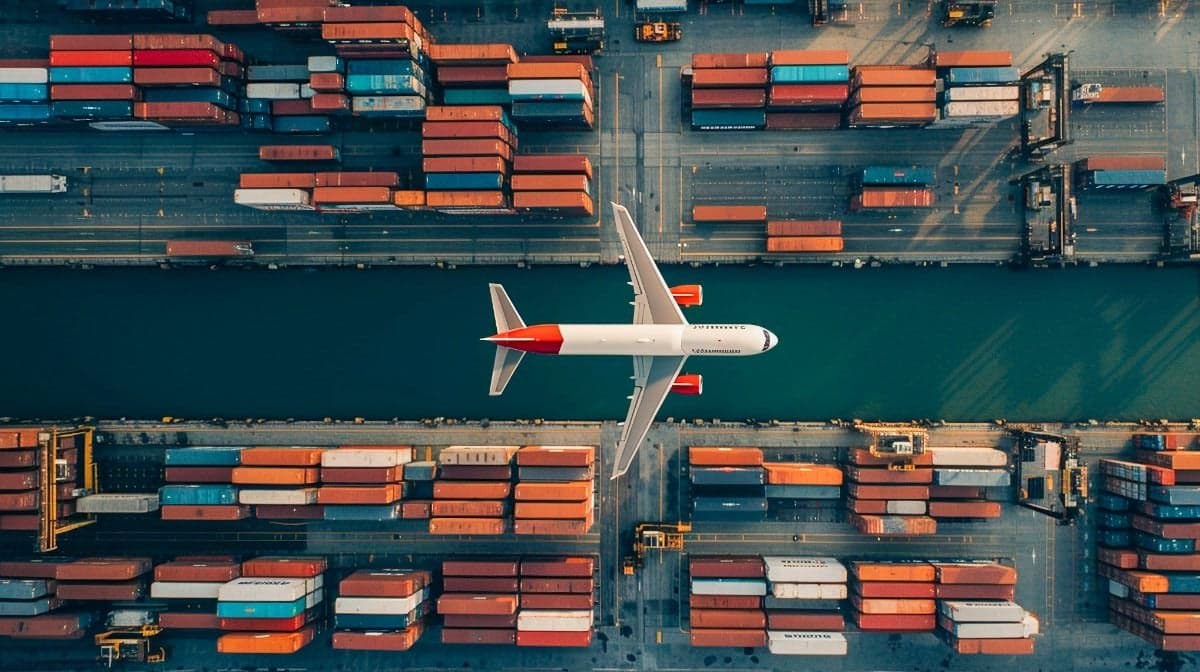Africa's Emerging Role in Global Trade
When a country has an abundant amount of resources, it should be able to make use of it. Still, with world politics and Western dominance, the simplest way to enhance a country’s economy becomes a long-standing struggle. But Africa is reimagining! According to the World Bank, the AfCFTA can increase Africa’s exports by 32% in 2035. They also mention that it can accelerate foreign direct investment by 111% and 159%.
Therefore, it’s important to mention that Africa’s role in global trade started when the African Union (AU) was considered a permanent member of G20 in September 2023. Africa has been assertive in focusing on the country’s interests and challenging the power dynamics in multilateral institutions and the global world. But now, the dynamic has changed and Africa is challenging global trade like never before. In the past few years, many positive changes have impacted the country’s economy and global trade.
Let’s read through this blog to learn more about it.
Africa and It’s Part in Global Trade
Africa's share of global trade? If you want to know numbers, it’s relatively small, around 2%-3%. It’s vital to focus on global trade to reduce the country’s poverty level and boost its economy. Africa needs to focus on global trade to loosen up other underlying issues in the country and hence why, the Aid for Trade initiative has come into the picture. It focuses on removing barriers to global trade faced by developing countries around the world.
Bedassa Tadesse, an international trade and development economic professor mentions in one of the papers he co-authored about the ways how Aid for Trade will help Africa’s trade barriers. Even though Africa has immense resources and massive potential for growth, African global trade is relatively small. According to reports, Africa can generate around US $ 21.9 billion from global exports. This is one of the reasons why the country is stuck in poverty regardless of the untapped potential.
Not only global trade routes, but even the trade among their nations is low, adding up to 16% of the gross trade volume of the continent. This is comparatively lower when considering the intra-regional trade in Asia and Europe. These implications have a serious impact on Africa’s economy at large, creating extreme levels of poverty, underemployment, and much more.
However, Africa has several challenges to reach its trade potential. Some of the challenges are complicated trade regulations, inefficient logistical support, and infrastructural deficiencies. These challenges reduce the chance of engaging in trade within nations and globally.
Why Should Countries Engage in Global Trade?
International trade has a huge impact on a country’s consumers and economic growth. When a country expands on global trade, it eventually focuses on comparative benefits, and larger markets, and enjoys the perks of economics of scale.
This chain of events and outcomes promotes advanced technology across countries, which ultimately empowers innovations. Global trade also supports stability and peace as it empowers interdependency between nations while also promoting cultural exchange. In order to achieve all these from global trade, countries, like Africa need to focus on sound policies, frameworks, and regulations to get into the global market.
Apart from these, if you’re wondering how do countries benefit by being members of economic communities. Here’s how:
- When economic communities relax and open entries to other countries, it becomes easier to buy and sell products and services. In other words, global general trading empowers economic growth.
- Members in the global economies get access to a wider market and larger customer base, this means there are pathways for business expansions and growth.
- By being members of economic communities, countries can focus on foreign investment. This is because businesses prefer solid trade agreements and easy entry into multiple markets.
- Become better at negotiation as countries work together, they develop in areas, such as communication and trade negotiation. This will help countries become better at policies and trade deals.
- Countries can strengthen their own economy by being members of economic communities because there’s mutual support and coordinated policies.
Global Trade Chamber Vs. Africa’s Development
Along with the Aid for Trade initiative, the global trade chamber’s role also played a great part in Africa’s development. It has focused on several initiatives to promote investment and trade opportunities across the African continent. It has created a pathway for African businesses to connect with global markets, creating better opportunities. This has impacted their growth positively, boosting their economy.
One main focus has been events and forums to tap into trade potentials, sustainable energy projects, and partnerships. For example, the International Trade Investment Forum was one such focus. It has dealt with areas such as infrastructure, finance, power, and overall economic growth. These measures have been targeted to improve the power infrastructure of Africa as it has a bigger part in the country’s development.
Apart from this, the chamber also supports African businesses to reach a global customer base, supporting them in handling international trade regulations. By providing help to improve global outreach, Africa can foster global connections which will enhance global trade, allowing Africa to blend into the global economy.
